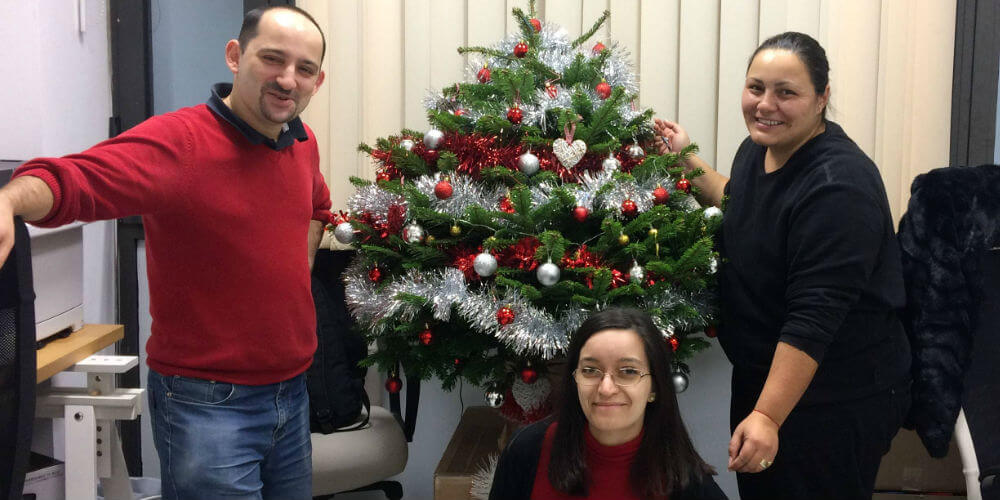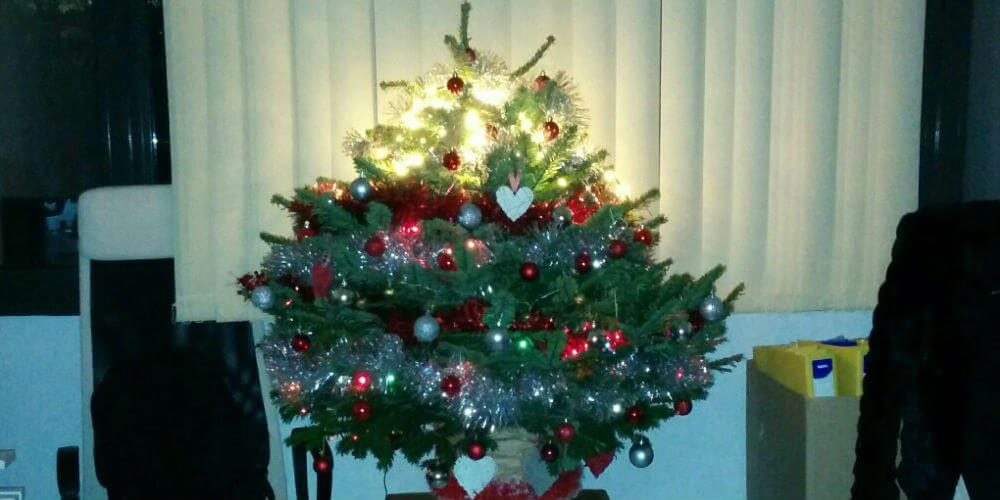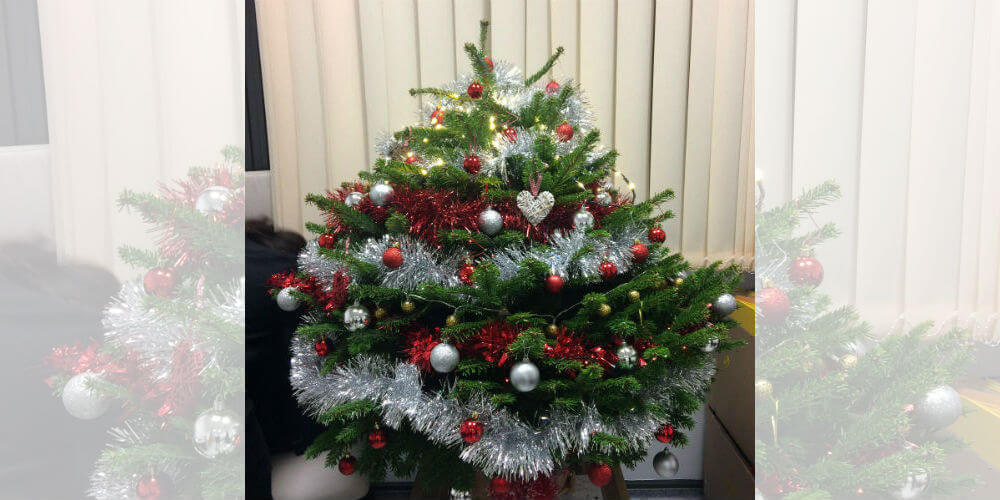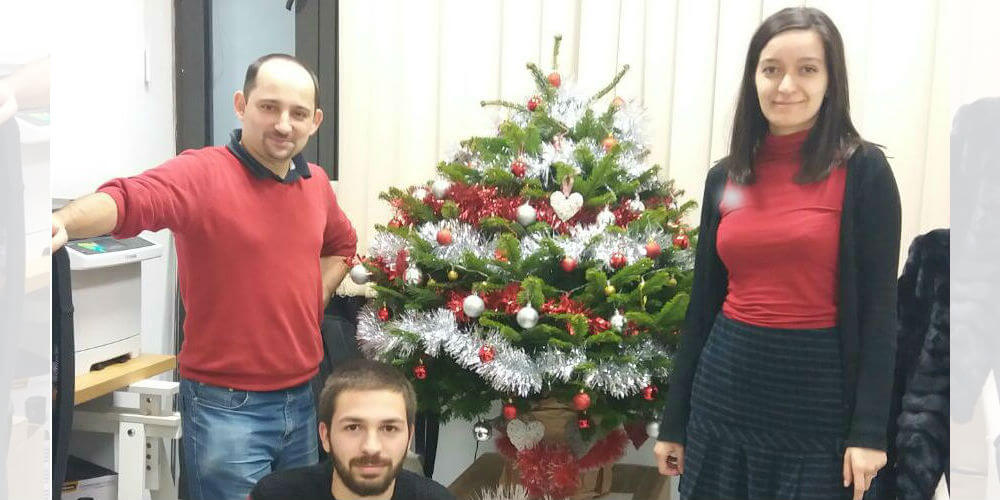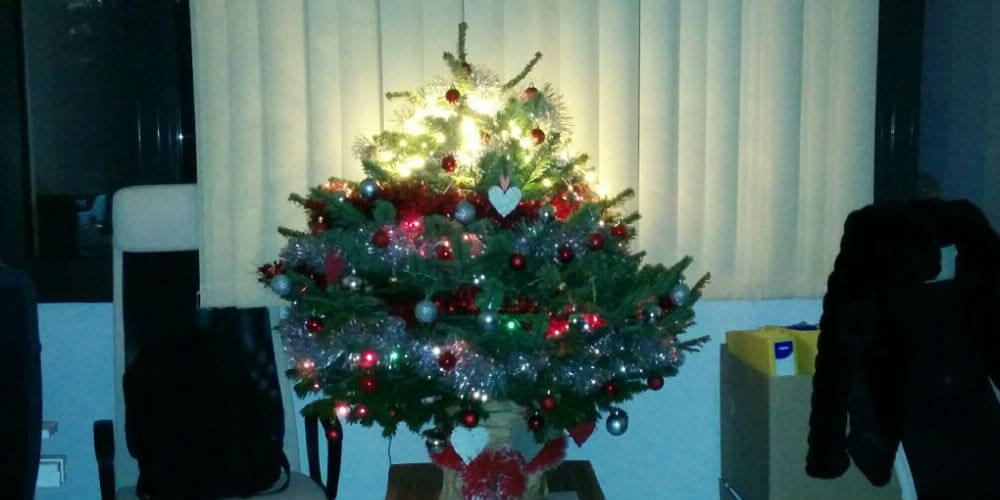Systems Biology of Aging Group aging.biochim.ro
multi-disciplinary lab, awesome international team, cool tools and models
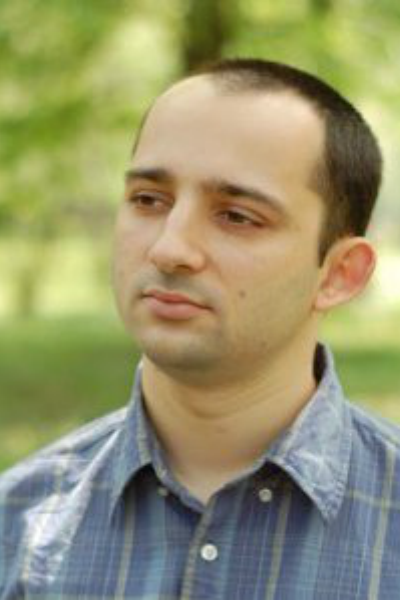
Tacutu Robi, Ph.D.
Group leader
Robi has a multidisciplinary background in computer science (BSc from University Politehnica Bucharest) and in molecular biology (MSc from University of Bucharest), and a long-term commitment and experience (10+ years) in the field of biogerontology. He received his PhD from the Ben-Gurion University of the Negev (in the lab of Prof. Vadim Fraifeld), studying relationships between aging and age-related diseases with the use of bioinformatics and network biology approaches, and developing computational methods to predict novel genetic determinants of longevity.
After his PhD, Robi continued his research as a postdoc at the University of Liverpool (in the Integrative Genomics of Ageing Group, led by Dr. Joao Pedro de Magalhaes). Here, he had a role in developing and curating the Human Ageing Genomic Resources collection of databases relevant to ageing research, and was later awarded a EU FP7 Marie Curie fellowship for developing and interrogating an integrated model of ageing to identify causal relationships between hormonal changes and gene expression changes.
Currently, Robi leads the Computational Biology of Aging Group at the Institute of Biochemistry and focuses on using computational methods in conjunction with large screening datasets to understand the genetic, cellular, and molecular mechanisms behind ageing, longevity and age-related diseases.
Publications:
-
For a list of publications, please see my institute's profile.
You can also check my Research Gate profile or check my activity on Google scholar.
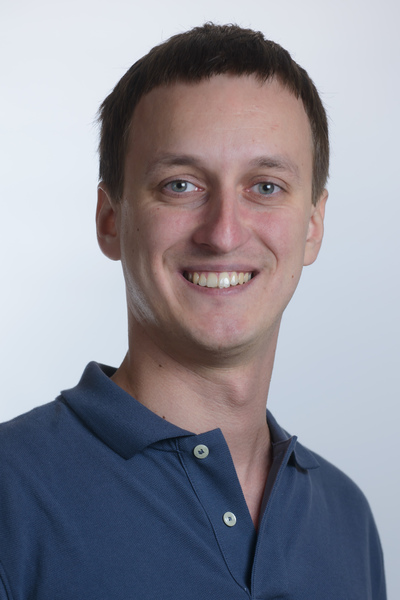
Toren Dmitri, Ph.D.
Scientific Researcher (Gerontology)
Dmitri is a bioinformatics researcher at the Institute of Biochemistry, focusing on curation for aging-related data, analysis of large screen datasets, dataset annotation, and network-based analyses. He holds a Ph.D. in Medical Sciences from the Department of Microbiology, Immunology, and Genetics at Ben-Gurion University of the Negev. His Ph.D. thesis focused on genomic and transcriptomic determinants of longevity. Dmitri brings over 8 years of experience in aging research, with expertise in both wet-lab work and bioinformatics.
His M.Sc. research project investigated the co-regulation of polar mRNA transport and lifespan in budding yeast S. cerevisiae. He has also participated in several projects focused on aging and longevity, including:
Mitochondrial determinants of mammalian longevity
Skin wound healing after surgery in mice of different age and longevity phenotype * Curation of longevity databases (GenAge, AnAge, and MitoAge)
Along with his research activities, Dmitri has participated in several courses as a teaching assistant and lecturer. He has given lectures, supervised, and assisted in practical classes for M.Sc., M.D., and Ph.D. students at Ben-Gurion University of the Negev and the School of Practical Engineering at Sapir College in Israel.
Specialties: Longevity, Aging, Mitochondrial genetics, Molecular biology, Bioinformatics, Genomics and Transcriptomics, Databases for comparative studies.
Publications:
-
For a list of publications, please see my institute's profile.
You can also check my Research Gate profile or check my activity on Google scholar.
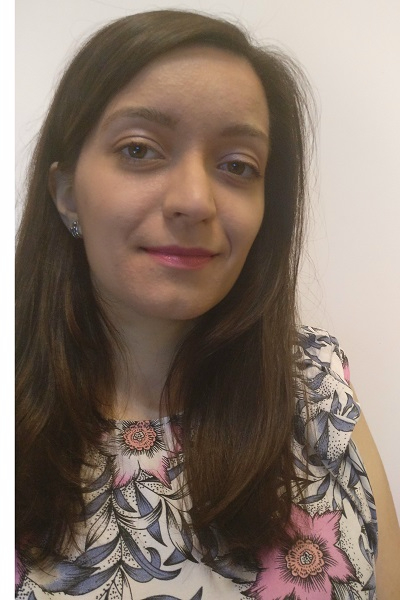
Bunu Gabriela, Ph.D. student
Research assistant (Bioinformatician)
Gabriela is a bioinformatics researcher at the Institute of Biochemistry, focussing on curation for aging-related data, analysis of large screen datasets and network-based analyses. She has a multidisciplinary background, having studied for two B.Sc. in parallel: computer science at the University of Bucharest and Pharmacy at the “Carol Davila” University of Medicine and Pharmacy.
Gabriela is currently following a residency programme in Pharmacy and is interested in pharmaco-genomics, and its applications to gerontology. Her passion for gerontology has started during her undergrad years, when she studied the oxidative stress biomarkers in hypertension in the elderly, as part of her graduation project at the National Institute of Gerontology and Geriatrics “Ana Aslan” in Bucharest.
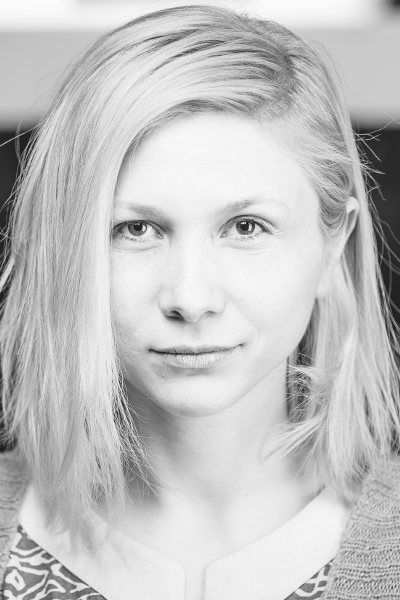
Voinea Alexandra, Ph.D.
Research assistant (Bioinformatician)
Alexandra is a bioinformatics researcher at the Institute of Biochemistry, focussing on developing large screen analysis pipelines and automated tools for data and dataset annotation. She is also a PHD candidate at University Politehnica of Bucharest and her thesis is based on the usage of Virtual Reality in Learning and Healthcare.
Alexandra has a multidisciplinary background in computer science and medical engineering. She has studied computer science as a B.Sc. student at the University of Bucharest and has a M.Sc. in Medical Engineering from the University Politehnica of Bucharest.
Before becoming a bioinformatics researcher and joining our group, she has accumulated extensive experience in software development (>8 years), previously being the Technical Director at Electronics Arts, and has carried out biomedical research, working on Neuroimagistics for Alzheimer patients and Neuromotor rehabilitation solutions for stroke survivors’ patients.
Publications:
- A. Voinea, A. Moldoveanu, F. Moldoveanu, Bringing the Augmented Reality Benefits to Biomechanics Study. MVAR ’16 Proceedings of the 2016 workshop on Multimodal Virtual and Augmented Reality, Tokyo, Japan, November 16, DOI: 10.1145/3001959.3001969, ISBN: 978-1-4503-4559-0.
- A. Voinea, A. Moldoveanu, F. Moldoveanu, Efficient Learning Technique in Medical Education Based on Virtual and Augmented Reality. ICERI2016 Proceedings, 9th Annual International Conference of Education, Research and Innovation, Seville, Spain, November 14-16, DOI: 10.21125/iceri.2016.0975, ISBN: 978-84-617-5895-1.
- A. Voinea, A. Moldoveanu, F. Moldoveanu, O. Ferche. Motion Detection and Rendering for Upper Limb Post-Stroke Rehabilitation. E-Health and Bioengineering 2015, Iasi, Romania, November 19-21, DOI:10.1109/EHB.2015.7391471, ISBN: 978-1-4673-7544-3, pages1-4.
- A. Voinea, A. Moldoveanu, F. Moldoveanu. 3D Visualization in IT Systems Used for Post Stroke Recovery: Rehabilitation Based on Virtual Reality. CSCS20: The 20th International Conference on Control Systems and Computer Science, 27-29 May 2015, Bucharest, Romania. 10.1109/CSCS.2015.123, p856-862, ISBN: 978-1-4799-1779-2.
- A. Voinea, A. Moldoveanu, F. Moldoveanu, O. Ferche. ICT Supported Learning for Neuromotor Rehabilitation - Achievements, Issues and Trends. eLearning & Software for Education, 2015, Bucharest, Romania, Issue 1, p594-601. 8p.
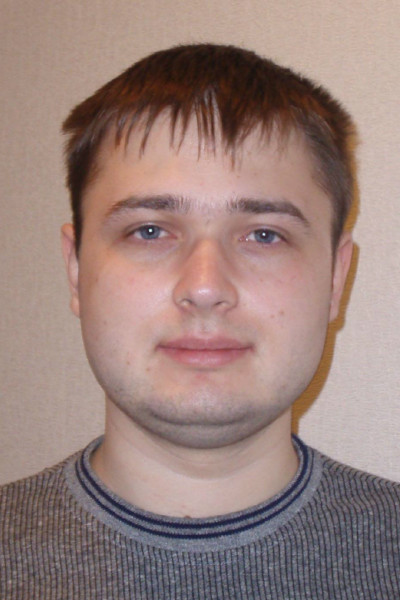
Kulaga Anton Yurievich, M.Phil.
Research assistant (Bioinformatician)
Anton has a formal background in international management and economics (Kyiv National Economic University, 2003 - 2008, M.A. with honors). Being passionate about programming since high school, he worked for many years as a software developer. With time however, Anton realized that the pace of progress in solving aging was too slow and decided to take an active position on this matter. He started helping aging researchers and promoting ideas of radical life extension and transhumanism. In 2014, Anton co-founded the International Longevity Alliance, an umbrella organization, uniting forces of longevity activists and advocacy groups all over the world. Understanding, that activism alone may not be enough, Anton gradually switched to bioinformatics by taking online courses and participating in research projects. In 2015-2016 Anton went to the Center of Interdisciplinary Research (Paris, France) where he received training in computational and synthetic biology. In 2017 he joined the Computational Biology of Aging Group as a bioinformatician.
Anton’s research interests lie in the fields of biogerontology, mammalian synthetic biology, bioinformatics, new institutional economics, and complexity theory. In his spare time, he also spends time on roller skating, reading science fiction, longevity activism, open-source software development and taking MOOCs on different topics.
Publications:
* Kulaga, A.Y., Ursu, E., Toren, D., Tyshchenko, V., Guinea, R., Pushkova, M., Fraifeld, V.E. and Tacutu, R., 2021. Machine learning analysis of longevity-associated gene expression landscapes in mammals. International journal of molecular sciences, 22(3), p.1073.
* Toren, D., Kulaga, A., Jethva, M., Rubin, E., Snezhkina, A.V., Kudryavtseva, A.V., Nowicki, D., Tacutu, R., Moskalev, A.A. and Fraifeld, V.E., 2020. Gray whale transcriptome reveals longevity adaptations associated with DNA repair and ubiquitination. Aging cell, 19(7), p.e13158.
* Kudryashova, K.S., Burka, K., Kulaga, A.Y., Vorobyeva, N.S. and Kennedy, B.K., 2020. Aging Biomarkers: From Functional Tests to Multi‐Omics Approaches. Proteomics, 20(5-6), p.1900408.
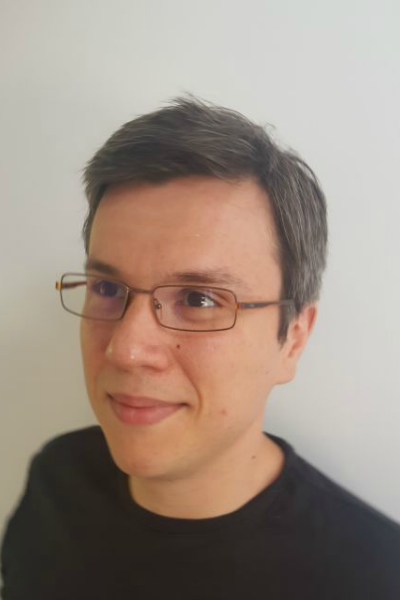
Constantinescu Vlad, Ph.D. student
Research Assistant / Machine learning engineer
Vlad is a senior software engineer (with more than 12 years experience), who has been involved in commercial projects for various partners in the EU, USA, Canada, and having a variety of roles in design, engineering and research. He has worked in automotive development for Novero GmbH / Laird plc (through TotalSoft SA) since 2009, and has been involved in the commercial Machine Learning / Big Data field since 2011 (mainly in automotive - fleet management, complex system modeling).
Since 2015, his interest has risen towards more academic/research topics and he has been involved more and more in applied research in machine learning (AITIA One group), focused on complex systems, statistical machine learning/deep learning and application of these concepts to medical science and biology. In 2017, he has joined the Computational Biology of Aging Group at the Institute of Biochemistry.
Vlad is academically interested in statistical machine learning, focusing on the theory of emerging complexity/intelligence, approached with methods from probability theory, information theory, computer science and statistical mechanics.
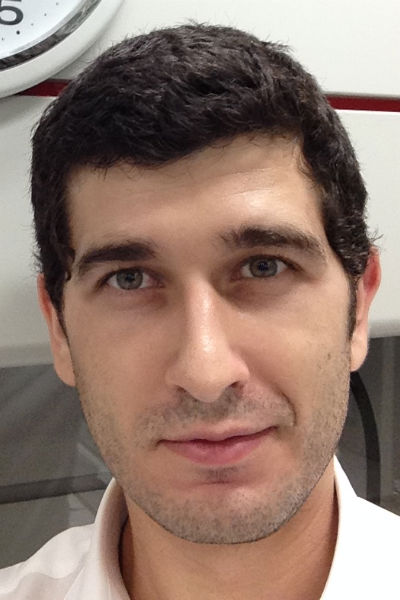
Matei Ioan Valentin, M.D., Ph.D.
Research assistant (Lab experiments)
Ioan has a background in regenerative medicine, cell therapies, stem cell science and diabetes research. He has worked extensively on endocrine pancreatic cell differentiation, starting with his Ph.D. at the Nippon Dental University Graduate School at Tokyo, where he studied dental-derived mesenchymal stem cell differentiation into endocrine pancreatic cells, and devising an in vitro model of glucotoxicity mitigation, as a recipient of the Japanese Government MEXT Scholarship. During his postdoctoral years, he worked at the Center for Gene and Cellular Therapies in the Treatment of Cancer OncoGen Timisoara, part of the CAR-NK project’s stem cell group coordinated by Prof. Virgil Paunescu, and then at Titu Maiorescu University’s Acad. N. Cajal Institute of Medical Research Bucharest and Fundeni Clinical Institue’s Center of Excellence in Translational Medicine, studying the modulation of liver-to-pancreas transdifferentiation for diabetics, as part of the Dia-Cure project coordinated by Prof. Sarah Ferber of Sheba Medical Center at Tel Hashomer, Israel and The Sackler School of Medicine at Tel Aviv University.
Ioan developed an interest in ageing research and synthetic biology, and is currently a member of the Systems Biology of Aging Group led by Dr. Robi Tacutu, working with CPIII Dr. Simona Ghenea on CRISPR-based gene editing for corroborating models of synergistic gene interaction generated through bioinformatic modeling for regulating longevity in la Caenorhabditis elegans.
Publications:
-
Hydrogen sulfide enhances pancreatic β-cell differentiation from human tooth under normal and glucotoxic conditions., Regenerative Medicine, 2(12), 125-141, 2017Matei IV, Ii H, Yaegaki K
-
Correlations of visfatin with the lipidic metabolism in diabetic and obese patients., Proceedings of the Romanian Academy Series B, 1(14), 37-43, 2012Gligor R, Zdremtan D, Pilat L, Matei I, Ionescu-Tirgoviste C, Crisnic I.
-
Contributions of evolutionary biology to the understanding of cancer., Proceedings of the Romanian Academy Series B, 3(14), 183-190, 2012Ionescu-Tirgoviste C, Matei IV, Ivanus B, Falcan AM.
-
A cytomorphometric analysis of adipocytes from the omental and abdominal subcutaneous adipose tissue, Proceedings of the Romanian Academy Series B, 3(13), 212-236, 2011Ionescu-Tirgoviste C, Matei IV, Gubceac E, Militaru M, Gutu D, Lixandru D.
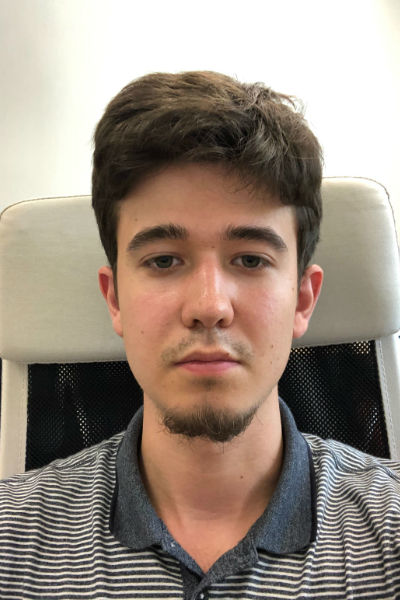
Ursu Eugen, M.D., Ph.D student
Research assistant (Bioinformatician)
Eugen has formal education in medicine. Besides studying medicine, Eugen has honed his technical skills in computer science, since technical subjects were always a passion for him. This determined his growing interests in the fields of computational biology and bioinformatics. He performed internships in clinical medical activity and research.
During his medical studies he managed to get engaged in translational research in the field of regenerative medicine and stem cells as a wet lab assistant at Titu Maiorescu University’s Cajal Institute of Medical Research and Fundeni Clinical Institue’s Center of Excellence in Translational Medicine, in the context of the Dia-Cure project, whose objectives were to model and optimize transdifferentiation of hepatocytes to pancreatic endocrine-like cells.
After an internship at the Institute of Biochemistry during which Eugen worked on immune repertoire sequencing for autoimmune diseases, Eugen got the position of junior bioinformatician in the Gerontomics project. Nowadays Eugen assists in the development of bioinformatic tools and pipelines, as well as data analysis for NGS datasets.
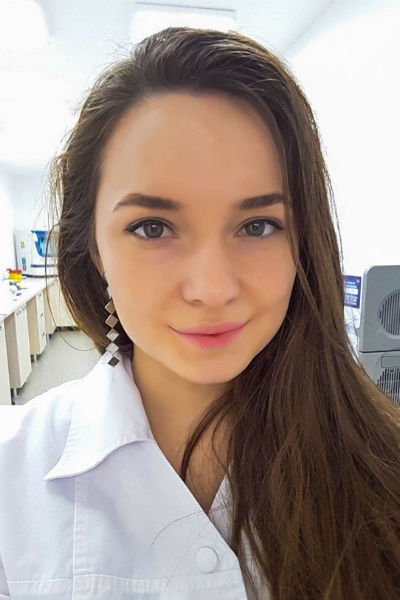
Sarghie Larisa, Ph.D. student
Junior Bioinformatician
Larisa holds a B.Sc. in Biology from the University of Bucharest, Faculty of Biology, and is currently a M.Sc. candidate in Applied Genetics and Biotechnology. She is a licensed Python programmer, and a freelance web designer. She has a background in genetics, model organisms and bioinformatic analysis, having worked as Intern at the University of Bucharest’s Drosophila Lab, as well as in molecular diagnostics at the Fundeni Clinical Institute’s (Molecular Biology Department), and at Genetic Center Bucharest. Additionally, she is a certified teacher and has taught biology at high school level curricula.
As a member of the Systems Biology of Ageing Group, Larisa works with data curation, as well as the bioinformatic analysis of <i>Drosophila</i> genetics.
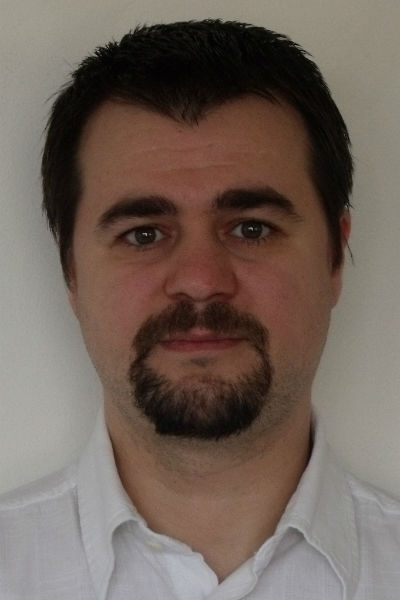
Chiru Costin, Ph.D.
PhD. Eng. Costin-Gabriel Chiru (200+ citations, h-index 8) is an Associate Professor at the Faculty of Automatic Control and Computers from University Politehnica of Bucharest. In the past, he worked as a Teaching Assistant (2004-2012) and Lecturer (2012-2017) at the Faculty of Automatic Control and Computers from University Politehnica of Bucharest and as a researcher in the field of Natural Language Processing at Human Language Technology Research Institute, Dallas, TX, USA (2005-2006). His PhD Thesis, entitled “The Influence of Repetitions on Discourse and Semantic Analysis”, has been defended in 2011 and was focused on using Natural Language Processing for the analysis of the discourse structure in online conversations. His research in the field was disseminated through over 60 papers published in national and international conference proceedings and journals, including top-tier conferences (CSCL, ITS, ICNIP, ICTAI,) and journals (Computers in Human Behavior, Creativity Research Journal). Over the time, Mr. Chiru participated in several national and international R&I projects (FP7 LTfLL, FP7 ERRIC, Erasmus+ QAinAL, CNCSIS K-Teams, CNCSIS Palirom, PNII Cyberwater, PNIII Text2NeuralQL). Currently, Costin is interested in projects involving Machine Learning, Natural Language Processing and Time Series Analysis.
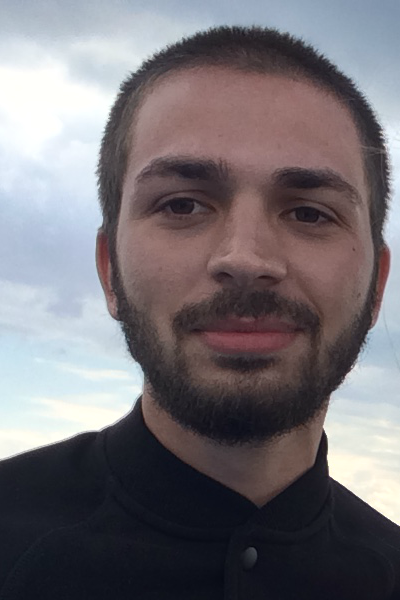
Ion Catalin
Front-end developer
Studying for a B.Sc. in Communication Sciences, Catalin joined the Computational Biology of Aging Group in order to aesthetically shape all of our web resources and interactions with the outside work. Aside from his formal education in communications, he has been an auto didact web developer since 2008 and is now a skilled front-end developer. He is passionate about science and technology and always keen to learn new things.
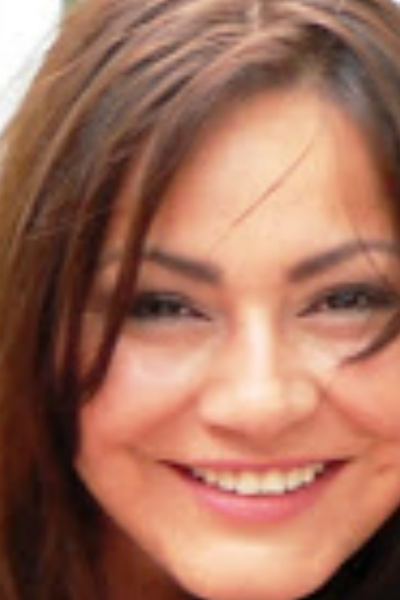
Filipciuc Constantina
Project manager
Without managerial help, our projects would surely fail, being swamped at the first sight of bureaucracy. Since Constantina (Tatiana for us) joined the Computational Biology of Aging Group, we have been able to properly focus on research and development, almost oblivious to the administrative tasks of the project. Since 2008, Tatiana has been successfully involved in the management of various scientific projects and has experience with both EU grants (FP7) and national grants (POSCCE, POC). This kind of experience allows us today to efficiently implement our projects.
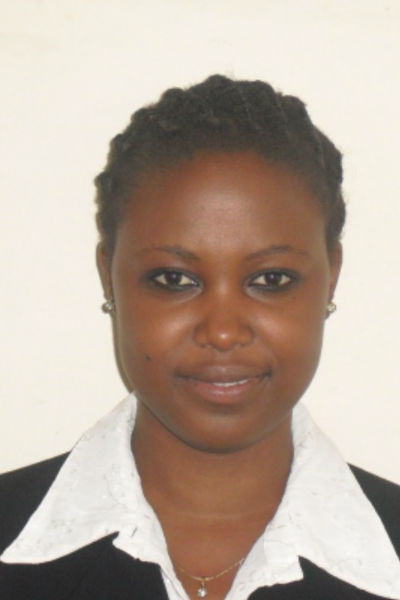
Samukange Vimbai, Ph.D
Research assistant (Lab experiments)
Vimbai has a broad-based background in the field of Biology. She has a Bachelor of Science degree in Food Science and Technology from the University of Zimbabwe, a Master of Science and a Doctorate degree in Agricultural Science from Kyoto University, in Japan. For her Ph.D she majored in Enzyme Chemistry. From 08/2015 ~ 08/2018 she was a Postdoctoral researcher at Okinawa Institute of Science and Technology (OIST) Japan where she carried out research on the role of the nmr-1 gene in memory and learning in C. elegans. Its from her work with C. elegans were she developed an interest in ageing related studies.
Publications:
- Samukange, V., Yasukawa, K., and Inouye, K. Interaction of 8-anilinonaphtalene 1-sulphonate (ANS) and human matrix metalloproteinase 7 (MMP-7) as examined by MMP-7 activity and ANS fluorescence. J. Biochem. 151: 533-540, 2012
- Samukange, V., Yasukawa, K., and Inouye, K. Effects of heparin and cholesterol sulfate on the activity and stability of human matrix metalloproteinase 7. Biosci. Biotechnol. Biochem. 78: 41-48, 2014
- Samukange, V., Kamo, M., Yasukawa, K., and Inouye, K. Effects of salts on the interaction of 8-anilinonaphthalene 1-sulphonate and thermolysin. Biosci. Biotechnol. Biochem. 78: 1522-1528, 2014
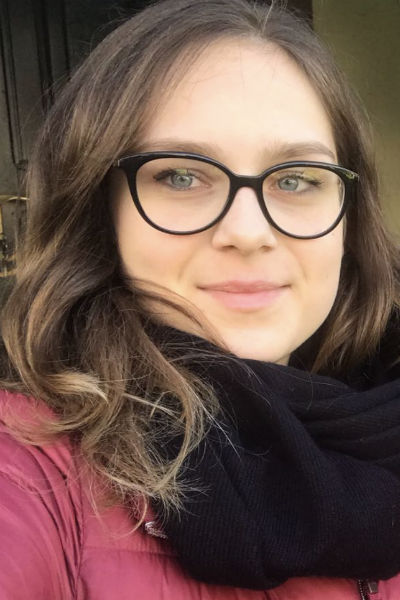
Bucaciuc Mracica Teodora, Bc.S
Teodora graduated from the University of Cologne with the Bachelor of Science degree in Biology. During her Bachelor thesis, she studied for 6 months the effect of serotonin and insulin in the short-term memory formation of the model organism Drosophila melanogaster. During her studies she became interested in bioinformatics and did a course in this field at the University. She is currently a junior bioinformatician in the group and is interested in network analysis, programming and data analysis.
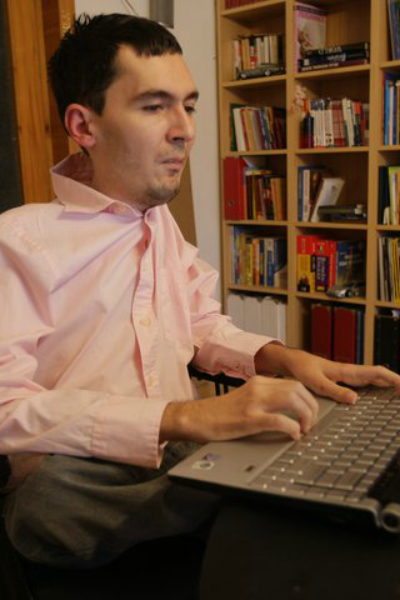
Craciun Iulian
Back-end developer
With a B.Sc. degree in Electronics and Telecommunication from the University Politechnica Bucharest and more than 10 years experience in web-development, Iulian joined the Computational Biology of Aging Group to help us develop the web-tools required to manage datasets and analysis pipelines from an easy-to-use interface. Prior to joining our lab, he has used a wide variety of languages (from C# and ASP to PHP and Python) and web-frameworks (Symphony, Wordpress, Magento, Django), developing in total more than 600 websites for Romanian and US clients.
Christmas tree
